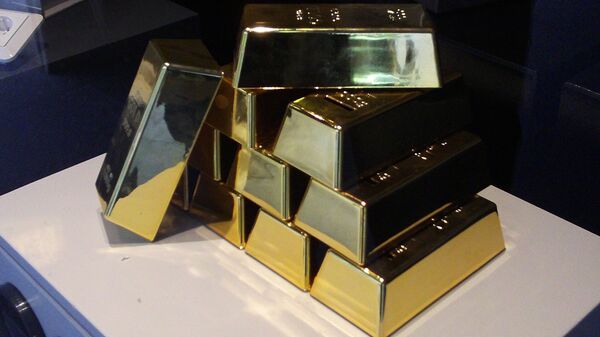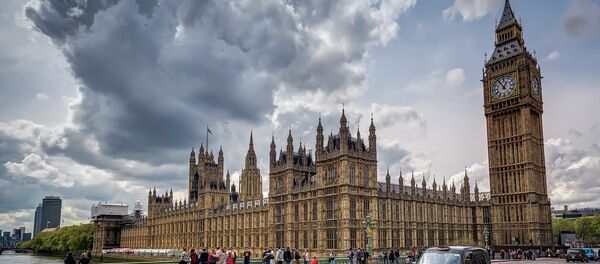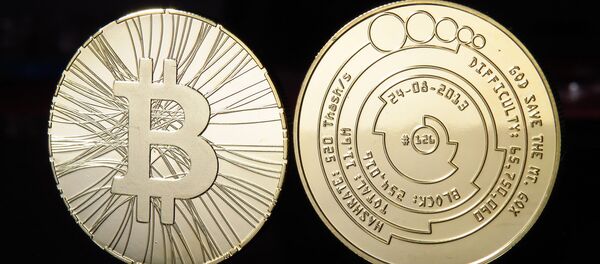"We receive appeals, including from banks, which say that customers are ready to pay significant sums, billions of rubles, to buy gold, while the client wants to be able to take a couple of bars when he needs it. If this measure allows we even return capital worth tens of billions [of rubles], it will be justified," the deputy minister said at the Moscow Financial Forum.
"You can see that the state pays much attention to the repatriation of capital. It turned out that a number of citizens would like to repatriate their capital, but invest it not in the banking system but in gold bars. This is a personal right, but the VAT is now an obstacle for this," Moiseyev said.
Now, citizens buying gold in the bank are obliged to pay VAT, which is now 18 percent, and will be increased to 20 percent starting next year. At the same time, when selling ingots, the bank is not returning VAT. The question of canceling the tax has been discussed in the ministry since last year, but initially, the ministry wanted to solve the issue via a system much alike the trade-in in the car sales. It planned to exempt from VAT only gold bought for investment purposes, and not the one used by jewelers.
READ MORE: Russia's Shift to Gold Reserves Could Protect Sanctioned Economy — Scholar
"The problem is that we will never keep track of this flow. Indeed, we discussed the abolition of VAT on investment gold for many years, but then we refused, since it would be impossible to put a reliable barrier on gold's way to jewelers. If we cancel it, than we should cancel it completely," Moiseev explained.
"The decision will ultimately be for the leadership. On the other hand, of course, you understand that gold is not a necessity, it is not bread. There are things that people need much more, but nobody cancels VAT on them," Moiseev noted.
The Moscow Financial Forum is being held in the Russian capital on September 6-7. The Sputnik news agency is the international media partner of the third Moscow Financial Forum.




